DO WE EVEN CARE?
As political tensions reach a new high amid the government shutdown, students appear to be uninterested
With the political world in turmoil as the government recovers from a partial shutdown drags with daily congressional gridlock, a President refusing to fold and a recent grueling Supreme Court confirmation battle in hindsight, it begs the question: “Are we paying attention?”
It is without doubt that political activity is at an all-time high with recent events taking place such as the March for Life and Women’s March drawing in fervent supporters of various causes and issues. However, it does not appear that a majority of the younger generation is engaged in or cares for the ongoing political discourse.
For instance, the 2018 Midterm Elections were highly publicized as having major voter turnout among young Americans. Despite this being the narrative, only an estimated 31% of individuals ages 18 to 29 voted in the 2018 Midterms. Although this exceeded participation from the same age group in the 2014 midterms (21%), it was still much less than the amount of votes cast in the 2016 presidential election where 51% of Young Americans voted.
“I primarily voted in the midterms in order to have a say in the issues that I care most about,” senior Zuhair Rahman said. “Simply voting can have a serious impact on my life which is why I encourage any students who are eligible to vote to have their voices heard.”
With such close proximity to the epicenter of politics in the United States, Capitol Hill, political engagement at AHS appears to be on the low-end when compared to past years.
In past years, both a Young Republicans and Young Democrats club were meeting and active at AHS. Students who participated in these clubs completed activities such as campaigning door-to-door, phone banking and organizing events.
However, both clubs are now defunct as former Young Republicans sponsor Fred Zuniga retired last year and former Young Democrats sponsor Kellie Burke stepped down due to other commitments. Neither club has picked up steam or garnered student interest since.
“I think that there is a mix as far as student political engagement goes,” former Young Democrats Sponsor and Government teacher Kellie Burke said. “Some students think that it doesn’t matter and that they cannot impact politics and even if they are paying attention to what’s going on that they are not really going to make a difference.”
According to a survey conducted by The A-Blast during R5 on Jan. 24, only 26% of AHS students have previously participated in political events such as marches or rallies. In spite of this, students opt to take different routes when attempting to have an impact on social or political issues.
Amid the partial government shutdown, an estimated 800,000 government employees had been furloughed. As the shutdown lasted six weeks, federal workers missed multiple paychecks and had their household budgets upended. Many employees did not have access to basic needs such as food and as a result, food groups ramped up aid to these individuals.
At AHS multiple clubs and organizations such as Key Club, Red Cross, the National Social Studies Honor Society, BCAA, Mission Possible and more came together and began organizing a food drive in order to help those affected by the government shut down.
“There are several clubs who are a part of the food drive we are organizing and we hope to receive a lot of donations in order to help people who are struggling find a meal everyday due to the government shut down,” senior Hlina Wondwossen said.
When it comes to the classroom, the survey revealed that 60% of students believe that they do not receive enough political exposure in school.
“I would think that most of the social studies teachers, especially History and Government, try to discuss why certain political events are taking place,” History and Social Studies teacher Jonathan York said.
Many students believe that politics should be more often discussed in class in order to spark interest.
“I think that if we talked more about current events and politics in class, more students would be interested,” Rahman said.
Typically in Government classes, current events are more of a focal point of the curriculum. However in other social studies classes such as history, current events and politics are less emphasized.
“Usually on Monday mornings in class, we try to discuss what went on in the news and current events,” York said. “However, we don’t spend that much time on it.”
Politics and ongoing world events not being focused on in class is potentially a determinant in causing students to be politically disengaged. Nevertheless, student disinterest may be a result of current events not impacting them directly.
“I think some students are not engaged with politics because it does not affect them directly which causes them to tune it out,” York said.
In addition to not thinking they receive enough political exposure in class, the survey revealed that approximately 40% of students follow political news such as the Presidency, Congress, and the Supreme Court only monthly or even less.
An overwhelming majority, 72% of students reported receiving most of their news via social media platforms such as Twitter. This can result in individuals receiving incorrect and incomplete information as they read news in snippets of 150 characters or less.
It is imperative for this dynamic to change in coming years as not being an avid participant in current events can be detrimental for students later down the line.
“Although it could be exhausting, keeping up with politics will always be really important to me,” Rahman said.
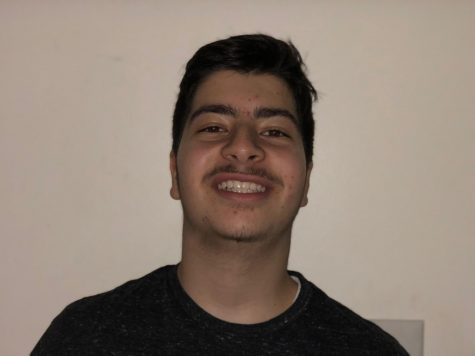
Senior Jude Nanaw is the current Co-Editor in Chief of The A-Blast. He has been on staff for four years where in previous years he has held the positions...



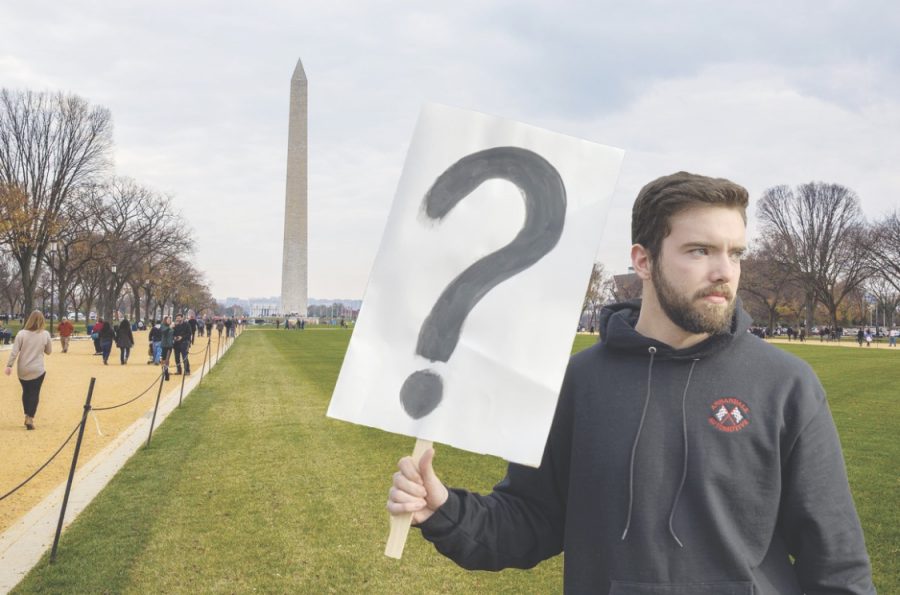

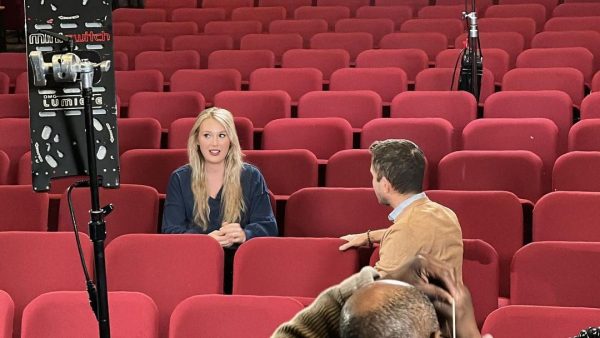
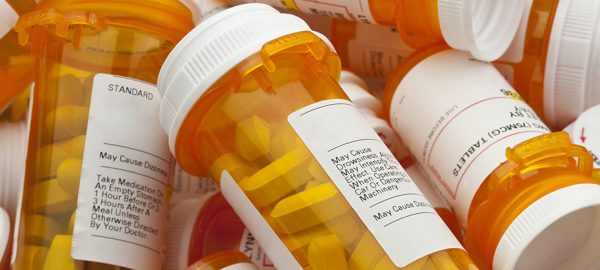
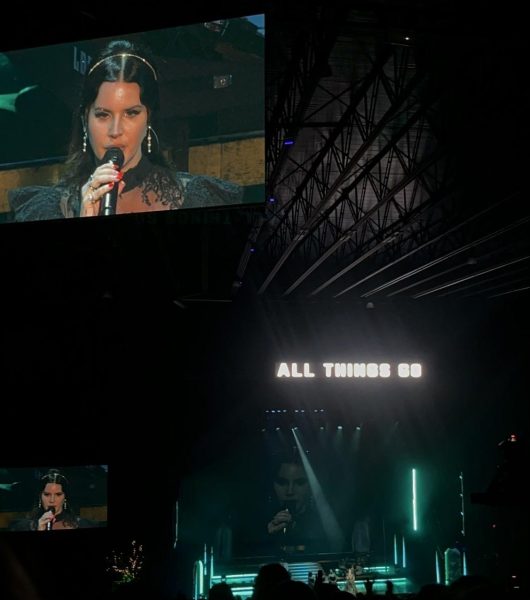

Nancy Evora • Jan 31, 2019 at 4:30 pm
Great article Jude! I’m glad to see you continued with Ablast and look at you being chief! Is sad that today’s generation has little interest in politics. Everyone’s voice matters and even if school’s aren’t teaching enough, the digital media is alway a great way to stay connected and see what’s happening not just here, but also around the world. Those in office are there to present our needs and make our voices heard, that being said, don’t ignore politics!